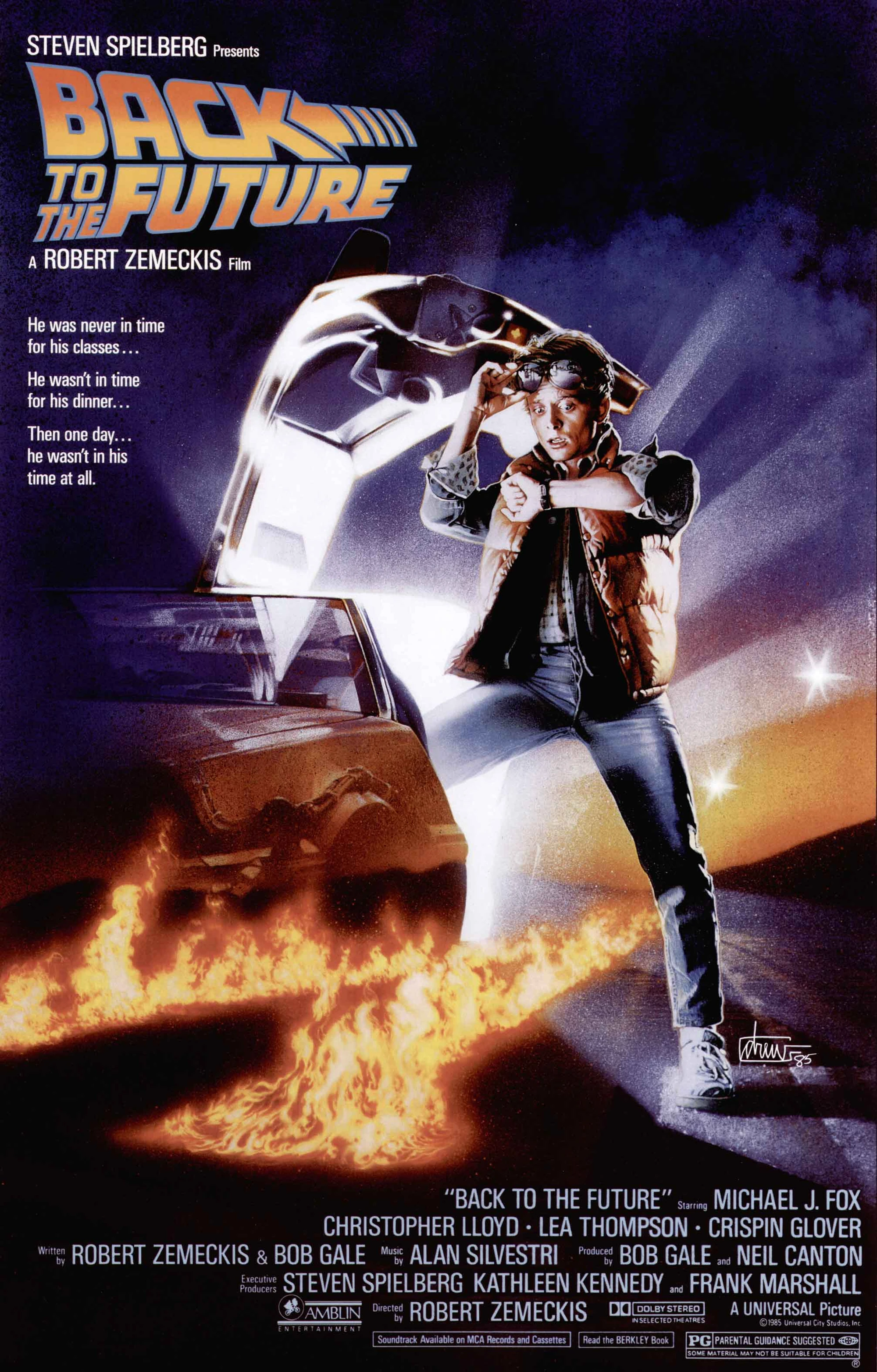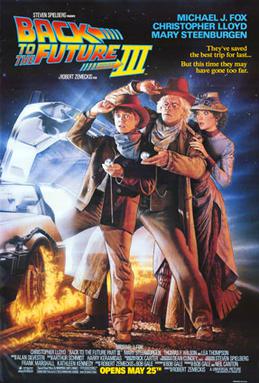- The Future Laboratory makes better futures happen for global businesses. Our products & services empower businesses to make the right decisions & mitigate risks.
- Your heart is your strength, it is also an internal organ.
- “Writing the Future: Basquiat and the Hip-Hop Generation” illuminates how this group’s subversive abstractions of both visual and verbal language—including neo-expressionism, freestyle sampling, and wildstyle lettering—rocketed their creative voices onto the main stages of international art and music.
- The Future is the second studio album by American R&B group Guy, released in November 13, 1990 on Uptown Records. It would be their last album before their reunion a decade later. It would be their last album before their reunion a decade later.
There is a global price on carbon. China took the lead in 2017 with a market for trading the right to emit a tonne of CO2, setting the world on a path towards a single carbon price and a powerful incentive to ditch fossil fuels, predicts Jane Burston, Head of Climate and Environment at the UK’s National Physical Laboratory.
Future Tense
The future tense is a verb tense used for a future activity or a future state of being. For example:- I will jump in the lake. (This is a future activity.)
- I will be happy. (This is a future state of being.)

- The Future Tense
Examples of the Types of Future Tense
The future tense is categorized further depending on whether the action will be in progress or will be completed (called the aspect of a verb). The four future tenses are:| The 4 Future Tenses | Examples | Uses |
|---|---|---|
| simple future tense |
| The simple future tense is used for an action that will occur in the future. |
| future progressive tense |
| The future progressive tense is used for an ongoing action that will occur in the future. |
| future perfect tense |
| The future perfect tense is used to describe an action that will have been completed at some point in the future. |
| future perfect progressive |
| The future perfect progressive tense is used for an ongoing action that will be completed at some specified time in the future. |
A Video Summary
Here is a video summarizing this lesson on the future tense.More about the Simple Future Tense
Here is an infographic summarizing the simple future tense.Examples of the Simple Future Tense
'will'
+ - I will play after breakfast.
- Susan will not go to Germany.
- What we achieve inwardly will change outer reality. (Greek biographer Plutarch)
- Always do your best. What you plant now, you will harvest later. (Author Og Mandino)
- Logic will get you from A to B. Imagination will take you everywhere. (Physicist Albert Einstein)
- Women and cats will do as they please, and men and dogs should relax and get used to the idea. (Robert A Heinlein)
- In the end, we will remember not the words of our enemies, but the silence of our friends. (Activist Martin Luther King Jr)
- Choose a job you love, and you will never have to work a day in your life. (Chinese philosophe Confucius) (Have to is known as a modal auxiliary verb. Like must, it is used to express obligation.)
- Happiness is your dentist telling you it won't hurt and then having him catch his hand in the drill. (Producer Johnny Carson) (Remember that won't is a contraction of will not and is often used to form the simple future tense.
- I won't be a rock star. I will be a legend. (Singer Freddie Mercury)
 simple future tense.
simple future tense. More about the Future Progressive Tense
Here is an infographic summarizing the future progressive tense.Examples of the Future Progressive Tense
'will be'
+ - I will be playing for an hour.
- Will I be spending too much money if I buy the newer model?
- He will be fighting his way to the boxing championship.
- Always be nice to those younger than you because they are the ones who will be writing about you.
- In September, we will be enjoying all the fruit we planted last March.
- Those who are laughing now will be crying later.
- Soon I will be doing what I love again. (Guitarist Vinnie Vincent)
- I'll be performing at 80 years old. Music is like fashion - it changes. But some things will always be the same. (Singer Toni Braxton) (Remember that I'll is a contraction of I will.)
- Every breath you take. Every move you make. Every bond you break. Every step you take, I'll be watching you. (Singer Sting)
- She'll be coming around the mountain when she comes. (She'll is a contraction of she will.)
- She'll be riding six white horses when she comes.
- The next time you see a spider's web, please pause and look a little closer. You'll be seeing one of the most high-performance materials known to man. (Biologist Cheryl Hayashi) (You'll is a contraction of you will.)
- In my case, there's no revolving door. I won't be going back to government. (Politician Mary Schapiro) (Won't is a contraction of will not.)
More about the Future Perfect Tense
Here is an infographic summarizing the future perfect tense.Examples of the Future Perfect Tense
'will have'
+ - I will have played by breakfast.
- By September, Jenny will have taken over that role.
- Will you have graduated by this time next year?
- I hope that, when I leave this planet, I will have touched a few people in a positive way. (Actor Will Rothhaar)
- The rain will not have stopped before the competition starts.
- You won't have sold a single car by tomorrow if you stay here. (Won't is a contraction of will not.)
More about the Future Perfect Progressive Tense
Here is an infographic summarizing the future perfect progressive tense.Examples of the Future Perfect Progressive Tense
'will have been'
+ - I will have been playing for 2 hours by breakfast.
- By the time the boat arrives, they will have been living without proper food for two weeks.
- Shops that will have been running for three or two years by then will have to close down.
- They will have been driving for ten hours by the time they arrive in Scotland.
- If it rains again tomorrow, then it will have been raining for three days.
- He will be agitated when he arrives because he will have been working for ten hours.
- When you are promoted next year, how long will you have been working on the factory floor?
- You will not have been waiting for over an hour when the taxi arrives. That's not true.
The Future Is Now
.Verb Tense Widget
Use this widget to learn about the different tenses. How do you use this widget? Well, if there's a button, a drop-down menu, or a , then you can click it!( verb)
Select the tenses.
Present Tenses
Present Tenses
| Simple Present |
|---|
| The simple present tense is mostly used to describe facts and habits. |
| I base form you base form he/she/it 3rd pers sing present we base form you base form they base form |
| Present Progressive Tense |
|---|
| The present progressive tense is used for an ongoing action in the present. More...(opens new tab) |
| I am present participle you are present participle he/she/it is present participle we are present participle you are present participle they are present participle |
| Present Perfect Tense |
|---|
| The present perfect tense is used for actions that began in the past. (Often, the actions continue into the present.) |
| I have past participle you have past participle he/she/it has past participle we have past participle you have past participle they have past participle |
| Present Perfect Progressive Tense |
|---|
| The present perfect progressive tense is used for a continuous activity that began in the past and continues into the present, or a continuous activity that began in past but has now finished (usually very recently). More...(opens new tab) |
| I have been present participle you have been present participle he/she/it has been present participle we have been present participle you have been present participle they have been present participle |
Past Tenses
Past Tenses
| Simple Past |
|---|
| The simple past tense is used to describe a completed activity that happened in the past. |
| I past tense you past tense he/she/it past tense we past tense you past tense they past tense |
| Past Progressive Tense |
|---|
| The past progressive tense is used to describe an ongoing activity in the past. Often, it is used to set the scene for another action. More...(opens new tab) |
| I was present participle you were present participle he/she/it was present participle we were present participle you were present participle they were present participle |
| Past Perfect Tense |
|---|
| The past perfect tense is used to emphasize that an action was completed before another took place. |
| I had past participle you had past participle he/she/it had past participle we had past participle you had past participle they had past participle |
| Past Perfect Progressive Tense |
|---|
| The past perfect progressive tense is used to show that an ongoing action in the past has ended. More...(opens new tab) |
| I had been present participle you had been present participle he/she/it had been present participle we had been present participle you had been present participle they had been present participle |
Future Tenses
Future Tenses
| Simple Future |
|---|
| The simple future tense is used for an action that will occur in the future. |
| I will base form you will base form he/she/it will base form we will base form you will base form they will base form |
| Future Progressive Tense |
|---|
| The future progressive tense is used for an ongoing action that will occur in the future. More...(opens new tab) |
| I will be present participle you will be present participle he/she/it will be present participle we will be present participle you will be present participle they will be present participle |
| Future Perfect Tense |
|---|
| The future perfect tense is used to describe an action that will have been completed at some point in the future. |
| I will have past participle you will have past participle he/she/it will have past participle we will have past participle you will have past participle they will have past participle |
| Future Perfect Progressive Tense |
|---|
| The future perfect progressive tense is used for an ongoing action that will be completed at some specified time in the future. More...(opens new tab) |
| I will have been present participle you will have been present participle he/she/it will have been present participle we will have been present participle you will have been present participle they will have been present participle |
Slider Showing All the Tenses
The following slider shows all 12 tenses. All the future tenses are highlighted with a yellow background.Interactive Exercise
Here are three randomly selected questions from a larger exercise, which can be edited, printed to create an exercise worksheet, or sent via email to friends or students.- Do you disagree with something on this page?
- Did you spot a typo?
The Future Diary
See Also
What are verbs?Past tensePresent tenseTry our drag-and-drop test on verb tensesTensesSimple past tensePast progressive tensePast perfect tensePast perfect progressive tenseSimple present tensePresent progressive tensePresent perfect tensePresent perfect progressive tenseSimple future tenseFuture progressive tenseFuture perfect tenseFuture perfect progressive tenseGlossary of grammatical terms